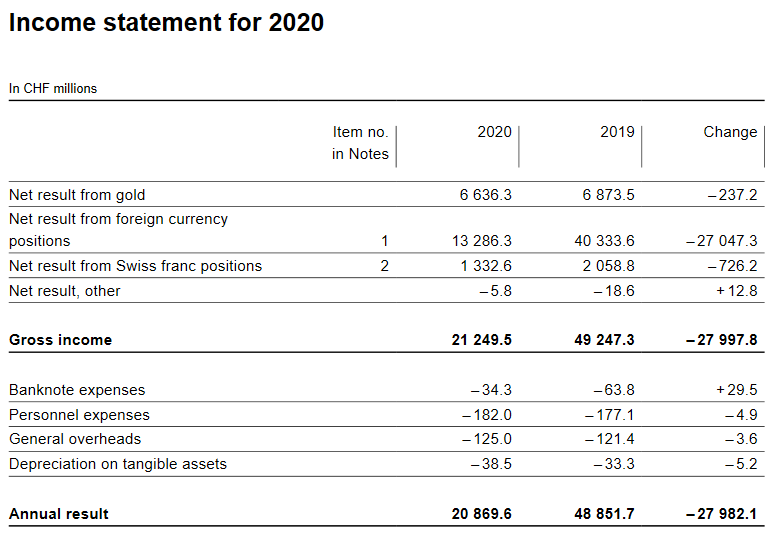In view of the sustained improvements in U.S. dollar funding conditions and low demand at recent U.S. dollar liquidity-providing operations, the Bank of England, the Bank of Japan, the European Central Bank and the Swiss National Bank, in consultation with the Federal Reserve, have jointly decided to discontinue offering dollar liquidity at the 84-day maturity. This operational change will be effective as of 1 July 2021. The auction schedule until 30 June 2021, as already published, remains unchanged. From 1 July 2021 onwards, these central banks will continue to hold weekly operations with a 7-day maturity. These central banks stand ready to re-adjust the provision of U.S. dollar liquidity, including restarting the 84-day operation, as warranted by market
Topics:
Swiss National Bank considers the following as important: 1.) SNB Press Releases, 1) SNB and CHF, Featured, newsletter
This could be interesting, too:
Nachrichten Ticker - www.finanzen.ch writes Die Performance der Kryptowährungen in KW 9: Das hat sich bei Bitcoin, Ether & Co. getan
Nachrichten Ticker - www.finanzen.ch writes Wer verbirgt sich hinter der Ethereum-Technologie?
Martin Hartmann writes Eine Analyse nach den Lehren von Milton Friedman
Marc Chandler writes March 2025 Monthly
 In view of the sustained improvements in U.S. dollar funding conditions and low demand at recent U.S. dollar liquidity-providing operations, the Bank of England, the Bank of Japan, the European Central Bank and the Swiss National Bank, in consultation with the Federal Reserve, have jointly decided to discontinue offering dollar liquidity at the 84-day maturity. This operational change will be effective as of 1 July 2021. The auction schedule until 30 June 2021, as already published, remains unchanged. From 1 July 2021 onwards, these central banks will continue to hold weekly operations with a 7-day maturity.
In view of the sustained improvements in U.S. dollar funding conditions and low demand at recent U.S. dollar liquidity-providing operations, the Bank of England, the Bank of Japan, the European Central Bank and the Swiss National Bank, in consultation with the Federal Reserve, have jointly decided to discontinue offering dollar liquidity at the 84-day maturity. This operational change will be effective as of 1 July 2021. The auction schedule until 30 June 2021, as already published, remains unchanged. From 1 July 2021 onwards, these central banks will continue to hold weekly operations with a 7-day maturity.
These central banks stand ready to re-adjust the provision of U.S. dollar liquidity, including restarting the 84-day operation, as warranted by market conditions. The swap lines among these central banks are available standing facilities and serve as an important liquidity backstop to ease strains in global funding markets, thereby helping to mitigate the effects of such strains on the supply of credit to households and businesses, both domestically and abroad.
Tags: Featured,newsletter








